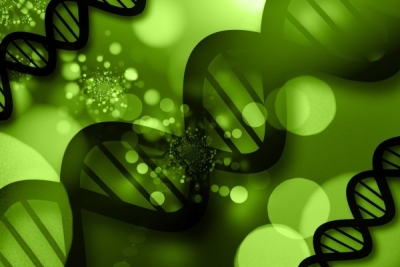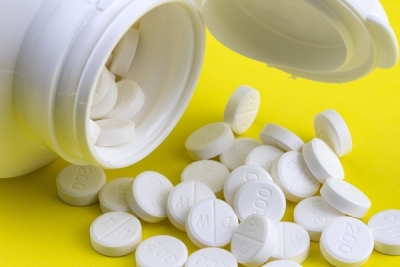Alcohol dependence is a very serious disorder, and affects a small portion of the drinking population. However, the trajectory that takes a person from an “occasional consumer” to an alcohol dependent is little known by the population; this lack of knowledge is worrying, as some researchers point out, and better campaigns that draw attention to harmful patterns of alcohol consumption deserve to be considered.
In this sense, researchers who are a reference in the area of alcohol and drugs have proposed, following the example of the success obtained in the area of diabetes prevention with the development of the concept of “pre-diabetes”, the creation of the concept of pre-addiction. The concept of pre-diabetes, which defines the condition in which blood sugar is elevated but not high enough to be classified as type 2 diabetes, has helped publicize the dangers of the disease and increase treatment coverage for patients in its initial stages. Likewise, defining the pre-addiction stage could be useful to prevent the development of alcohol dependence (1).
It is not, therefore, a new diagnostic category, but rather a way to raise public awareness and seek to increase the number of people who reevaluate consumption patterns that are harmful to health. In short, it would be a new prevention strategy.
The researchers conclude by stating that the viability of the term “pre-addiction” is based on three pillars of intervention: clinical practice, dissemination to the general public and the creation of public policies that enhance the previous items.











